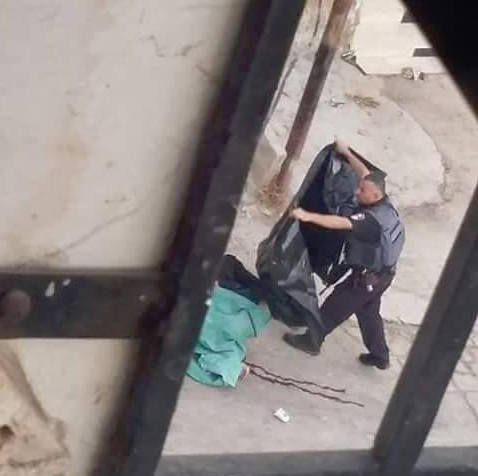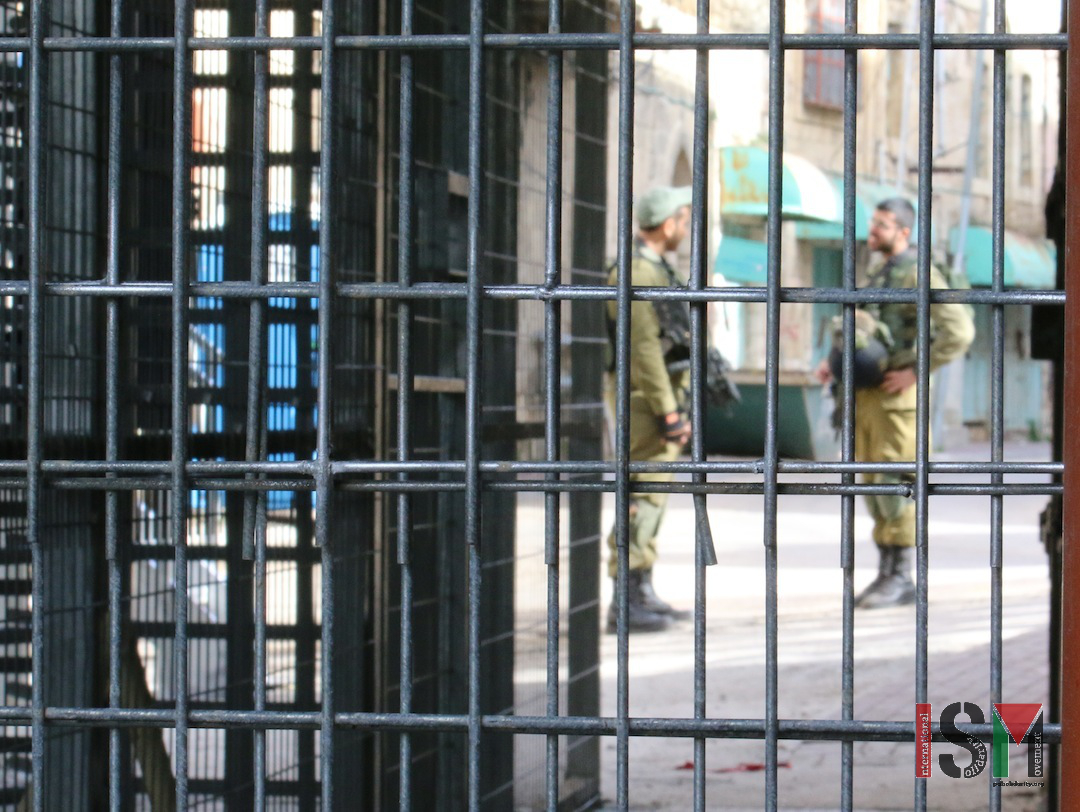Category: Hebron
-
Two Palestinian killed in Hebron and one wounded in Jerusalem in less than 12 hours
19th September 2016 | International Solidarity Movement, al-Khalil team | Hebron / Jerusalem, occupied Palestine On Monday, 19th September 2016, two Palestinians have been gunned down by Israeli forces in occupied al-Khalil (Hebron), and one in illegally annexed East Jerusalem in less than 12 hours. Early in the morning, in the Old City of occupied…
-
Israeli forces kill four Palestinians within 48 hours
17th September 2016 | International Solidarity Movement, al-Khalil team | Hebron, occupied Palestine Today, the 17th of september, a young Palestinian man on the age of 22 was shot dead by Israeli forces in Tel Rumeida. Hatem Abed Hafez Shalludi is now the fourth Palestinian that has been killed by Israeli soldiers within the last 48…
-
Two Palestinians killed and several injured in Hebron
16th September 2016 | International Solidarity Movement, al-Khalil team | Hebron, occupied Palestine After a peaceful Eid holiday, violence surged in occupied Hebron today. Earlier today Israeli forces shot and killed Moussa Mohammed Khaddour, 18 and injured his fiancé Raghad Abdullah Abdullah Khaddour. The couple allegedly tried to ram settlers from the illegal israeli settlement…


